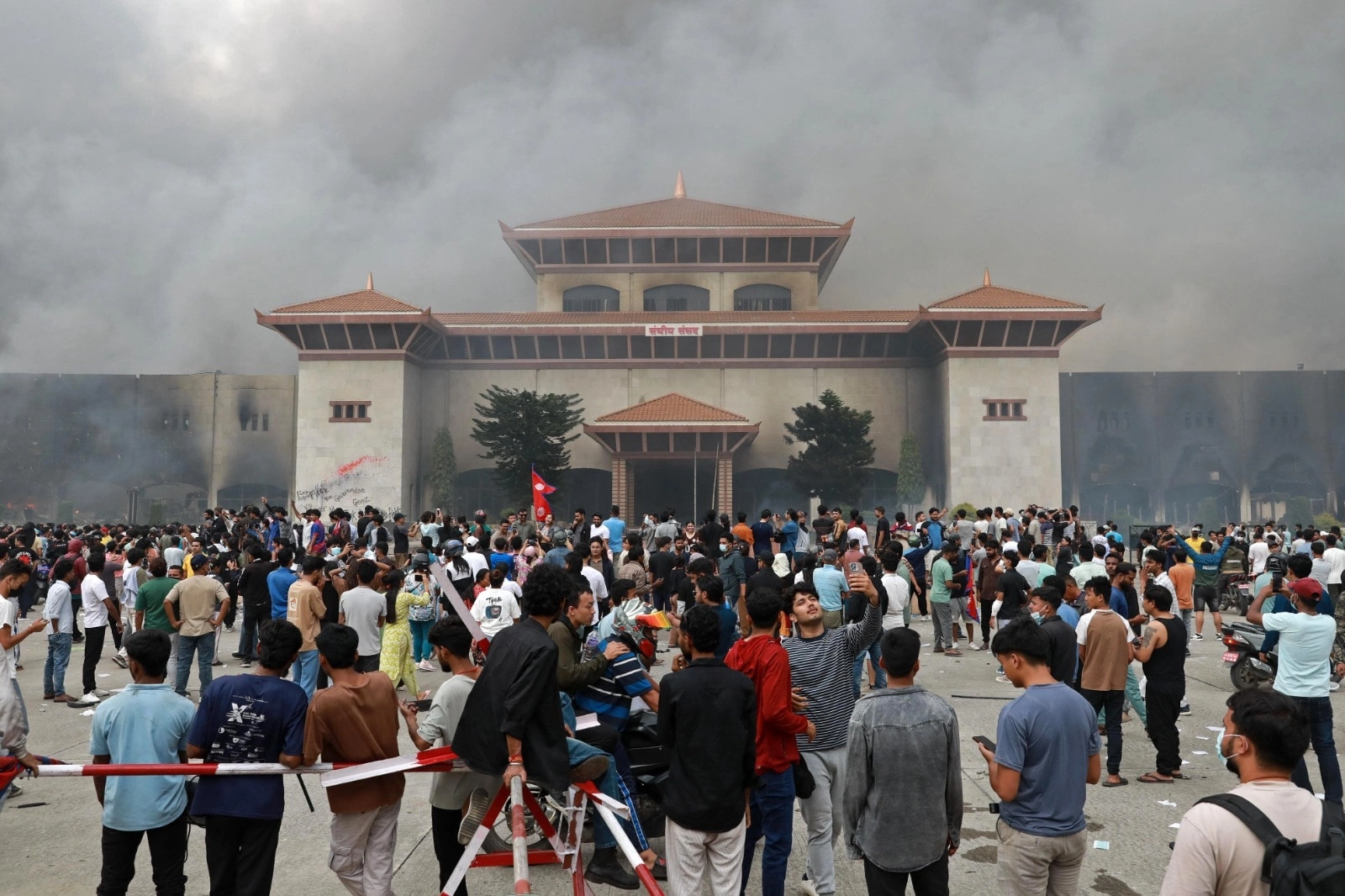In a tragic turn of events, recent protests in Nepal have resulted in the loss of 72 lives, prompting the government to declare the victims as “martyrs.” The protests, which erupted over various socio-political issues, have highlighted the deep-seated frustrations among the populace regarding governance, inequality, and demands for justice. The government’s designation of the deceased as martyrs serves not only as a recognition of their sacrifices but also reflects the profound impact these events have had on the national consciousness. As the nation mourns, families of the victims are set to receive financial relief and support from the government, acknowledging the immense loss and suffering endured by the affected households.
The protests that led to this heartbreaking outcome were fueled by a combination of longstanding grievances and immediate concerns regarding civil rights and government accountability. Demonstrators took to the streets, expressing their demands for change and justice in a society grappling with political instability and economic challenges. The situation escalated, leading to confrontations between protesters and law enforcement, resulting in significant casualties. As the country grapples with the aftermath, calls for accountability and reform are growing louder, emphasizing the need for meaningful dialogue and solutions to the underlying issues that sparked the unrest.
In the wake of this tragedy, many in Nepal are calling for a thorough investigation into the events that transpired during the protests. There is a palpable sense of urgency for the government to address the grievances that led to such a devastating loss of life. Activists and community leaders are advocating for systemic changes to ensure that such violence is not repeated in the future. The declaration of the victims as martyrs has galvanized public sentiment, uniting various factions of society in a shared demand for justice and reform. The government’s promise of relief to the families of the deceased is a critical step, but it is essential that it is accompanied by substantive measures to address the root causes of discontent among the populace.
As Nepal stands at a crossroads, the memory of those who lost their lives in the protests will undoubtedly serve as a catalyst for change. The nation is now faced with the challenge of transforming this tragedy into a movement for progress and justice. The loss of 72 lives is not merely a statistic; it represents the hopes, dreams, and aspirations of individuals who sought a better future for themselves and their communities. The coming weeks and months will be crucial for Nepal as it navigates the complex landscape of grief, anger, and the urgent need for reform, with the eyes of the international community watching closely.




